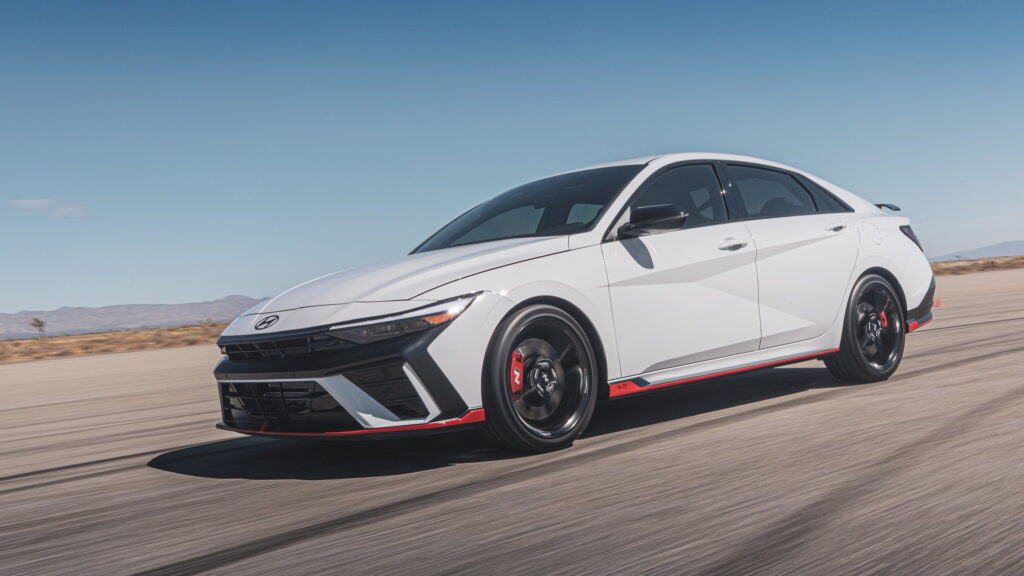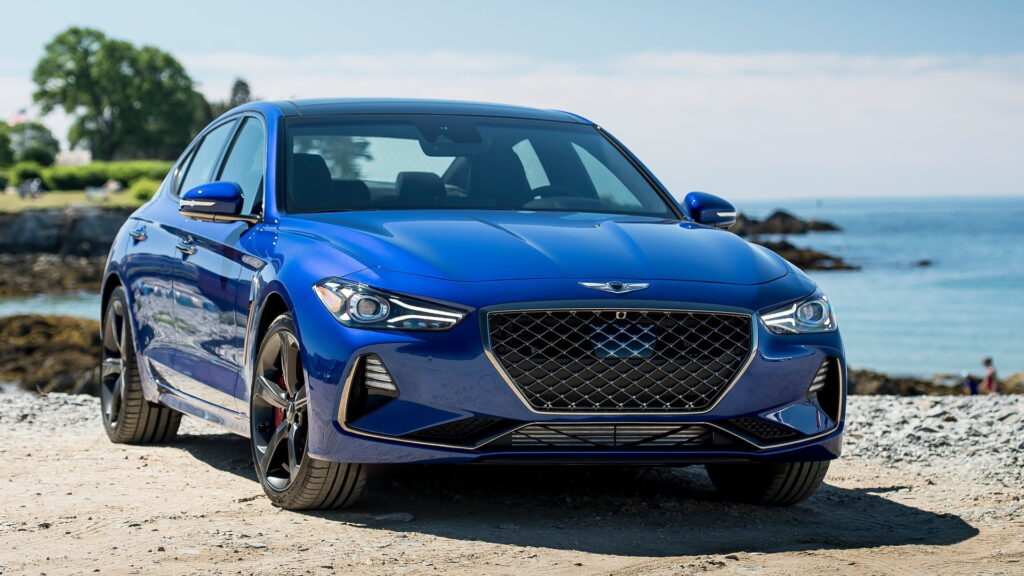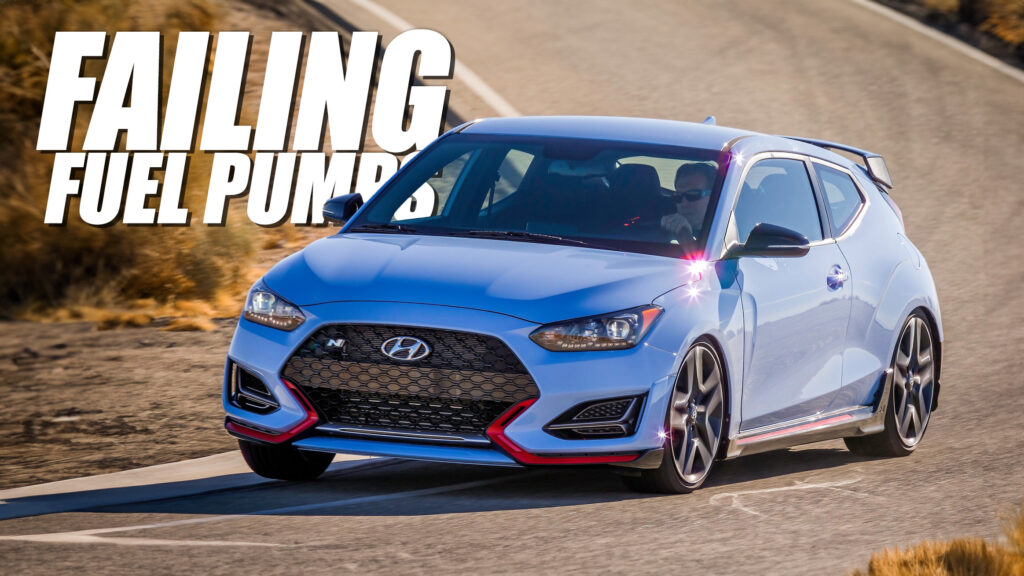- Hyundai Motor Group just recalled 54,647 cars over defective fuel pumps.
- The cars in question all have 2.0-liter turbocharged engines.
- There are several potential warning signs when things begin to go wrong.
The Genesis G70, Hyundai Veloster N, Kona N, and Elantra N are all excellent performance cars. Unfortunately, they’re all at the center of a new recall involving some 54,000 cars across five different model years. Here’s a breakdown of what went wrong, how Hyundai Motor Group (HMG) is planning to fix it, and how you can determine if your car has a problem.
Hyundai first heard of an issue back in July of 2023 when it received reports of a rich air-to-fuel ratio check engine light in some cars. By September it began collecting parts for analysis. That continued through the end of the year and into the first part of 2024. By mid-June, it discovered 2,460 related incident reports that all point to a fuel pump issue.
More: Hyundai Recalling Nearly 40,000 Sonatas Over Flashing Brake Lights
At the heart of the problem is a faulty fuel control valve in the high-pressure fuel pump. For whatever reason, it begins to allow excess fuel into the pump itself and owners end up with several potential issues. In some cases, it’s caused a ‘limp mode’ and limited power above 60 mph. The problem affects the 2019 Genesis G70, 2019-2022 Hyundai Veloster N, 2022-2023 Hyundai Elantra N, and the 2022-2023 Hyundai Kona N. Again, all of these cars have a 2.0-liter turbocharged engine.
Owners should be on the lookout for several potential warning signs. Since the fuel control valve is allowing too much fuel into the pump, the engine will likely run rich. As a result, it’ll likely illuminate the check engine light. The engine could also have a misfire, a rough idle, or a noticeable lack of power.

Hyundai’s remedy is a new fuel pump with an updated fuel control valve that won’t leak, along with updated ECM software logic to control it. Notably, cars built after October 15, 2023, won’t have this same issue as the manufacturer revised the part on that day.
Those who wonder if they have an affected car can contact their local dealer or look up their VIN number through the NHTSA website. Hyundai says that it’s not aware of any accidents or injuries associated with the fault.





